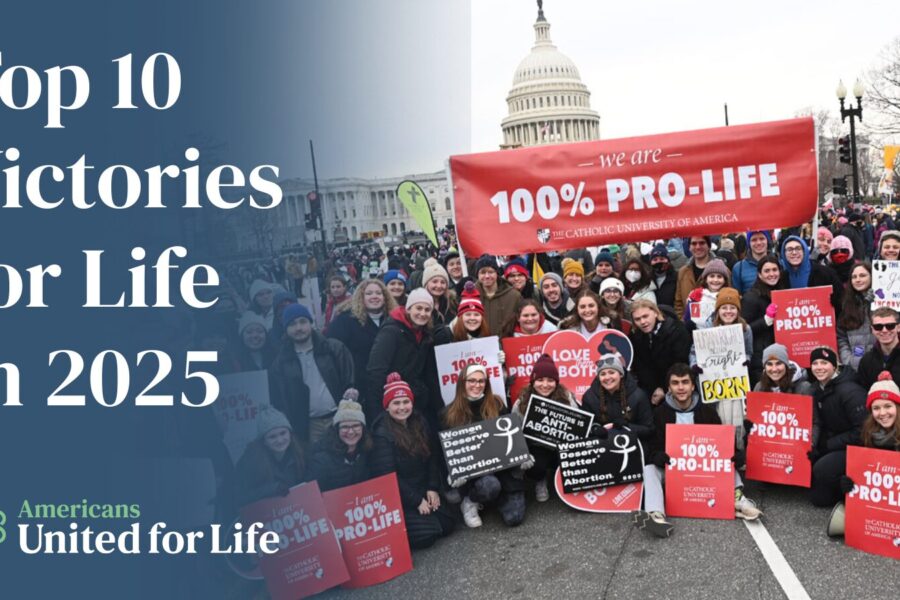
I didn’t have the privilege of having a father for most of my childhood, and that experience profoundly shaped my understanding of fatherhood. My mother demonstrated incredible resilience in 1980 when her husband betrayed her, leaving her unemployed, uneducated, with two young boys and pregnant with me. Despite her daunting circumstances, she fought with tenacity to carve out a better life for us and provide her children with the opportunities we all deserve.
When I was ten, my mother remarried Herm Mize, and we relocated from Washington State south to the Portland, Oregon area. Herm was not only a devoted high school history teacher, but also a passionate coach of golf and basketball—an embodiment of integrity and dedication.
Though our blended family faced our share of challenges, Herm instilled in me invaluable lessons in discipline, accountability, independence, and fortitude—qualities that have become the backbone of my adult years. Tragically, we lost Herm only four years later from an aneurysm while on his beloved golf course. At fourteen, I found myself without a father once again. To honor his memory, I made the deliberate choice to adopt his last name when I turned eighteen.
My experiences as a child have ignited an unwavering commitment to support the most vulnerable among us and to strive to be an extraordinary dad. My wife, Stephanie, and I are immensely blessed with three biological children, and we have poured our hearts into being foster parents for more than a decade. Over those years, we have welcomed more than 30 children into our home through fostering opportunities, including our youngest child, whom we adopted. I have witnessed firsthand the extraordinary power of a positive fatherly influence. Many of the children who came to us had been deeply scarred by neglect and abuse, yet within days in a nurturing environment, we saw them blossom. The transformative power of unconditional love and genuine care can heal even the most wounded souls.
Now more than ever, this country needs dads who are engaged and present. According to the U.S. Census Bureau, about 17.6 million children—roughly 1 in 4—live without a biological, step, or adoptive father in the home. Even more alarmingly, about 30 percent of non-residential fathers have no contact with their children, which amounts to nearly 8 percent of all fathers.
Children without fathers are twice as likely to drop out of school, four times more likely to live in poverty, and are at risk of a host of other tragic consequences. Moreover, fathers play a pivotal role in the crucial decision-making process surrounding childbirth. The Guttmacher Institute reveals that nearly half of all women who have abortions cite fear of single parenthood or lack of support from the father as key factors. Even more concerning, nearly 90 percent of abortions are performed on unwed women, according to the U.S. Centers for Disease Control.
Marriage and fatherhood are not just important—they are essential building blocks to overcoming the myriad challenges facing our children today. The Church should take a proactive role in emphasizing the importance of fatherhood and equipping young men with the skills and confidence they need to succeed as husbands and fathers. From a policy perspective, we must prioritize policy incentives for two-parent households by eliminating the marriage tax penalty and other creative tools to financially incentivize marriage. This work helps create a cultural environment that values family stability.
Furthermore, we need influential figures — like legendary NFL coach Tony Dungy, actor Mark Wahlberg, and TV personality Willie Robertson — to step forward and advocate for the vital role of dads in our society. These men have used their public platforms to build up the family unit rather than cave to a culture of fatherlessness.
This Father’s Day, let’s thank the fathers that have already made such profound impacts in our lives and inspire more responsible men to rise to the occasion they have been called. The future of our nation depends on it.




